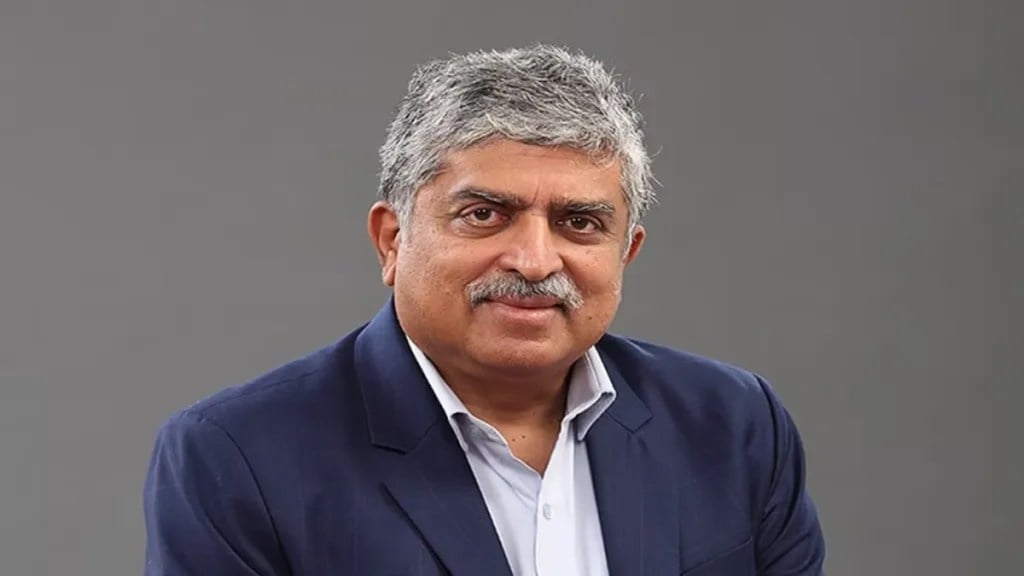In a world upended by seismic shifts—geopolitical fragmentation, AI breakthroughs, climate imperatives, and supply chain realignments, Nandan Nilekani, Chairman, Infosys, said that businesses are finding themselves navigating uncharted terrain. In a letter to shareholders in Infosys’ Annual Report 2024-25, Nandan Nilekani said that as uncertainty becomes the new constant, the ability to adapt, innovate, and build resilient systems has never been more critical. “Multiple trends are colliding and leading us to reexamine the fundamentals of our businesses,” he said.
Nandan Nilekani’s caution on AI, geopolitics
Geopolitical shifts and trade uncertainty
Against this backdrop, Nilekani added, Infosys stands as a beacon of stability and forward momentum. “As geopolitics becomes front and centre in our lives, we are having to take cognizance of the world not as one single global market but as fragmented blocs and countries. This means making strategic choices and even navigating between these blocs,” he said.
The pandemic induced by Covid-19 brought into focus the critical and pressing need to de-risk supply chains and build viable alternatives. And now with the looming uncertainty on the back on US reciprocal tariffs, Nilekani said, it became important for Infosys to diversify its sourcing. “Tariffs will be differentiated across products and countries and will likely keep changing. Bilateral and regional rules of trade will dominate. Supply chains will continue to shift as tariffs become another form of arbitrage,” Nilekani said.
Advent of AI
The advent of AI with all its possibilities and potential creates another arc of uncertainty, the Infosys chairman said. As enterprises look at applying AI to every aspect of the business, he noted that some longstanding challenges will become imperative and self-evident to firms.
“While embracing AI will bring a goldmine of opportunities, it will not be entirely without some foreseeable risks. Regulatory variances across regions will need to be incorporated into one’s strategy. The early learnings from enterprise AI adoption gives us a glimpse of these potential challenges that lie on the path ahead,” Nilekani said.
He further maintained that Infosys has successfully delivered over 400 generative AI projects by bringing Infosys Topaz, its generative and agentic AI-powered services and solutions.”Our AI work spans a wide spectrum of priority areas like process improvement, engineering, customer service, cybersecurity, and employee productivity. We have built four small language models for banking, IT operations, cyber and enterprises broadly,” he added.
Climate change
Another uncertainty included climate change and the associated energy transition. “So much of the future depends on innovation and the form of energy that will fuel us forward – solar, wind, batteries, pumped hydro, green hydrogen, nuclear, carbon capture and storage, etc. Global climate deals will set the pace of change. The only thing certain is that electricity will play a much bigger role in the days ahead,” Nilekani stated while recognising the challenges it will bring along.
Investment in AI
The IT major said that more than 2.7 lakh of its 3.2 lakh employees are now “AI-aware”, thanks to the company’s extensive digital reskilling programs at the end of FY25. Nilekani said, “Infosys is differentiated by its continuous and active investments in nurturing an engaged and committed workforce. A big part of this investment is in creating flexible training and skilling capability so that this workforce is always abreast of changing technology and business practices.”

